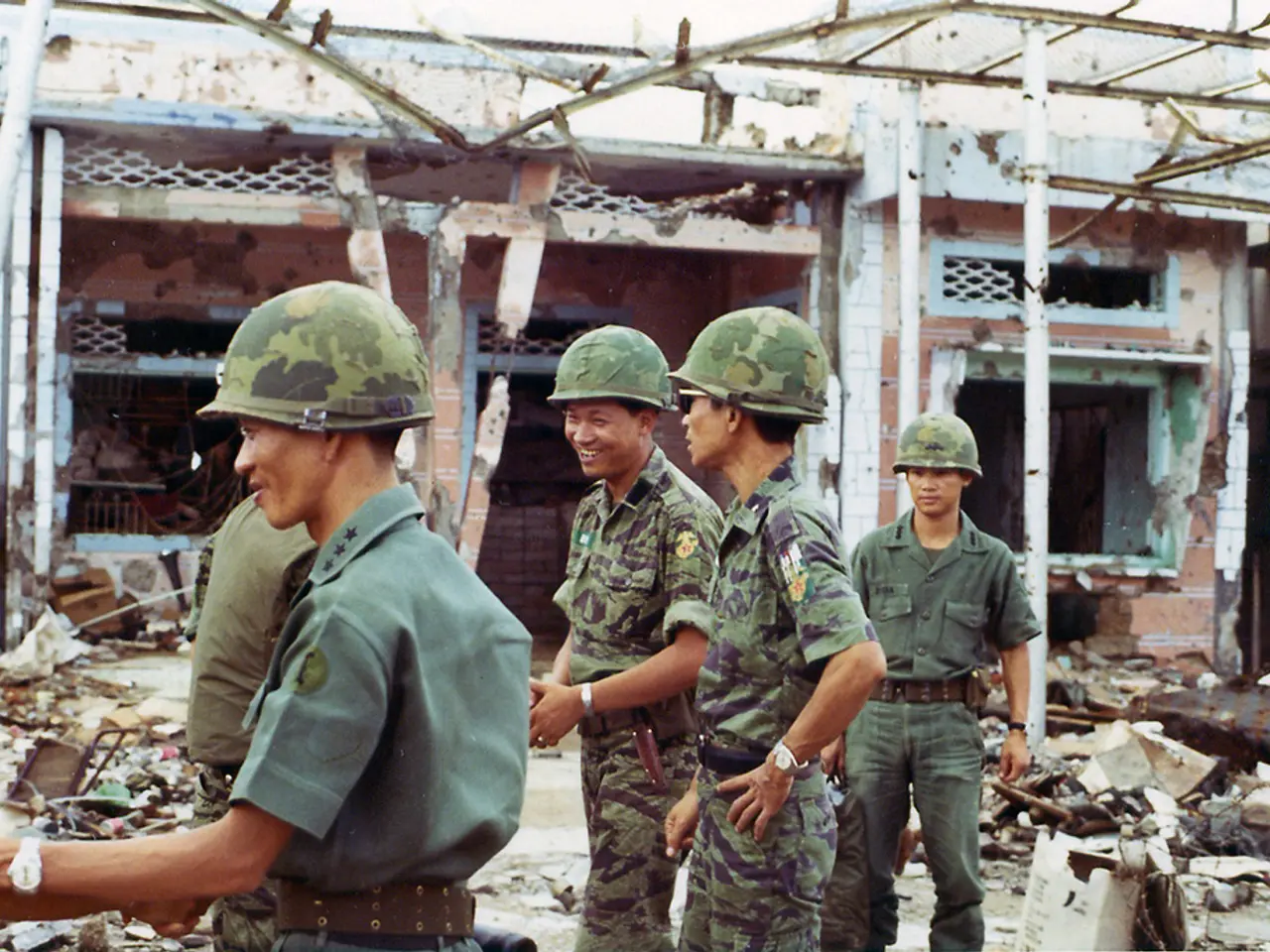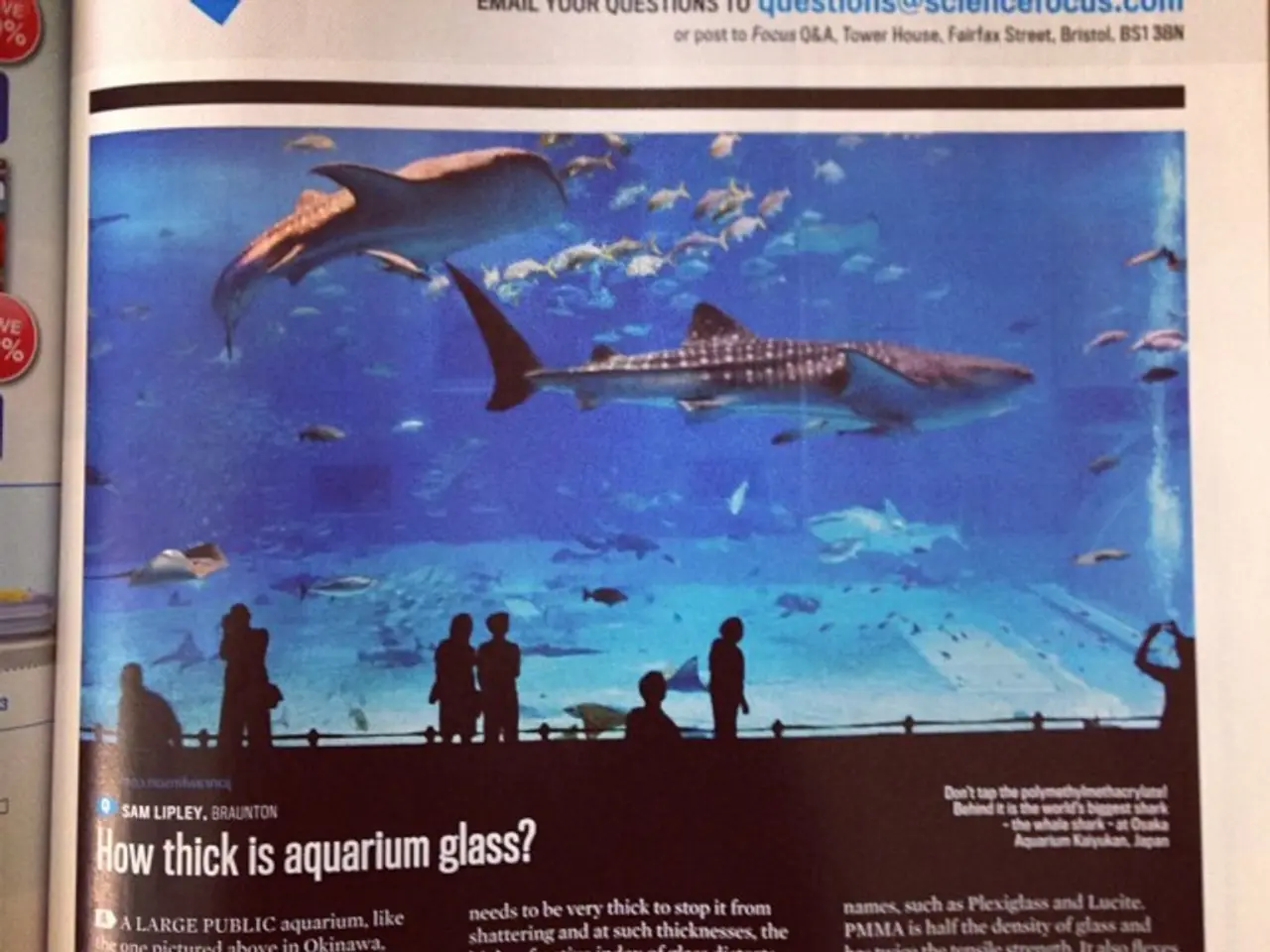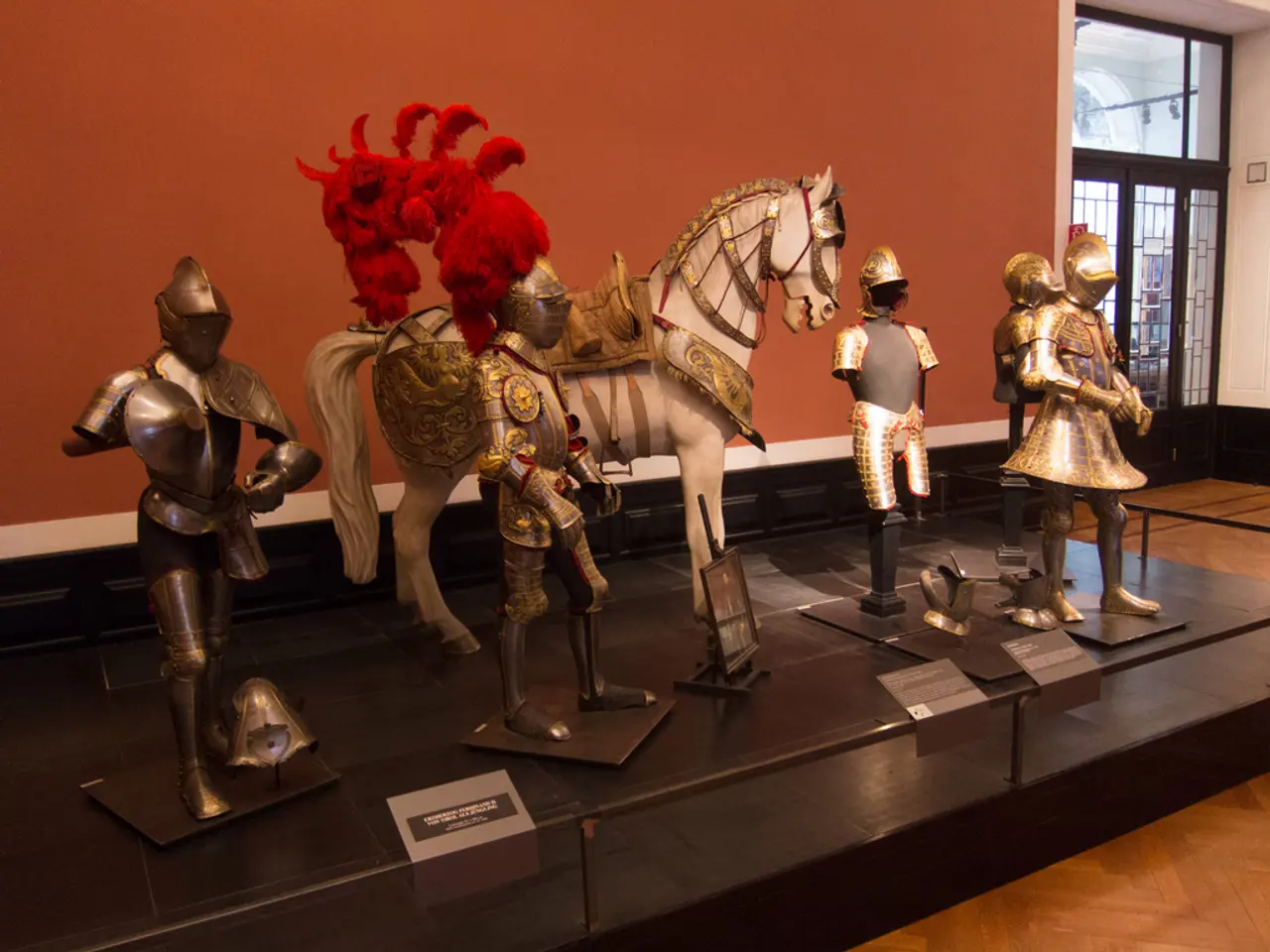World Heritage Sites face impending danger from excessive tourism and climate issues, according to the head of UNESCO.
In a bid to preserve the world's most valuable cultural and natural treasures, UNESCO is actively addressing various challenges facing World Heritage Sites. The organisation recently completed a US$115 million restoration project in Mosul, Iraq, and is preparing similar efforts in Syria.
The UNESCO World Heritage Committee's 47th session, held in Paris, France from July 6 to July 16, 2025, saw UNESCO Director-General Audrey Azoulay deliver an opening address. The session, presided over by Bulgaria, is reviewing nominations for 30 new sites and two proposed transboundary extensions.
One of the key issues addressed during the session was the growing concern of overtourism, which strains popular destinations and leads to environmental degradation and cultural dilution. To combat this, UNESCO has implemented a 'Sustainable Tourism' strategy, which includes tailored visitor management plans, innovative visitor centers, and diversified cultural routes.
Climate change is another significant threat, with one-third of natural World Heritage Sites and one-fifth of cultural sites currently under severe threat due to global warming. Almost three-quarters of all sites face significant water-related risks, such as droughts and floods. UNESCO is addressing this by monitoring the status of sites, particularly those affected by conflict or climate change, and providing support for conservation and restoration.
Half of the sites on the List of World Heritage in Danger are threatened by conflicts, particularly in regions like the Middle East. UNESCO is actively working in Syria to protect cultural sites and in Gaza to assess damage using satellite imaging. In the Democratic Republic of the Congo's Kahuzi-Biega National Park, UNESCO is working to shut down illegal mining operations and train rangers for site protection.
UNESCO collaborates with entities like the World Resources Institute to assess and address specific challenges, such as water risks affecting sites like the Taj Mahal and the Acropolis of Athens. The organisation also demands urgent action from respective governments to address conservation issues, as seen in the case of Doñana National Park.
Since 2018, 15 new sites across eight countries in sub-Saharan Africa have been inscribed on the World Heritage List. However, three sites are under consideration for removal from the List of World Heritage in Danger: the Rainforests of the Atsinanana (Madagascar), the Abou Mena site (Egypt), and the Old Town of Ghadamès (Libya).
UNESCO continues to monitor damage to cultural sites in the Gaza Strip following the escalation of conflict in October 2023. Further efforts are underway in Sudan to protect endangered heritage and museum collections. A separate platform titled 'Dive into Heritage' has been introduced to offer deeper insights into global heritage, supported by the Kingdom of Saudi Arabia.
Audrey Azoulay underscored the importance of the World Heritage Convention, which has 196 signatory states, in promoting peace and protecting cultural and natural heritage. UNESCO reaffirms its commitment to strengthening African representation on the World Heritage List, with targeted support measures in place since 2021.
In Ukraine, emergency support has been ongoing since 2022, with more than 500 cultural sites affected in cities such as Odesa and Lviv. Despite these challenges, UNESCO remains committed to preserving the world's heritage for future generations.
[1] UNESCO, (2025), Sustainable Tourism Strategy. [Online] Available at: https://www.unesco.org/new/en/unesco/themes/culture/sustainable-tourism/ [Accessed 20 June 2025]. [2] UNESCO, (2025), Monitoring and Conservation Efforts. [Online] Available at: https://www.unesco.org/new/en/unesco/themes/culture/world-heritage/monitoring-and-conservation/ [Accessed 20 June 2025]. [3] UNESCO, (2025), Collaboration with Other Organizations. [Online] Available at: https://www.unesco.org/new/en/unesco/themes/culture/world-heritage/collaboration-with-other-organizations/ [Accessed 20 June 2025]. [4] UNESCO, (2025), Demanding Urgent Action. [Online] Available at: https://www.unesco.org/new/en/unesco/themes/culture/world-heritage/demanding-urgent-action/ [Accessed 20 June 2025].
- The UNESCO Director-General Audrey Azoulay highlighted the World Heritage Convention's role in promoting peace and protecting cultural and natural heritage, emphasizing the importance of the convention, which has 196 signatory states.
- UNESCO continues to collaborate with other organizations like the World Resources Institute to assess and address specific challenges, such as water risks affecting sites like the Taj Mahal and the Acropolis of Athens.
- The organization reaffirms its commitment to strengthening African representation on the World Heritage List, with targeted support measures in place since 2021.
- To combat overtourism, which strains popular destinations and leads to environmental degradation and cultural dilution, UNESCO has implemented a 'Sustainable Tourism' strategy, which includes tailored visitor management plans, innovative visitor centers, and diversified cultural routes.
- Climate change is a significant threat, with one-third of natural World Heritage Sites and one-fifth of cultural sites currently under severe threat due to global warming. To address this, UNESCO is monitoring the status of sites, particularly those affected by conflict or climate change, and providing support for conservation and restoration.








